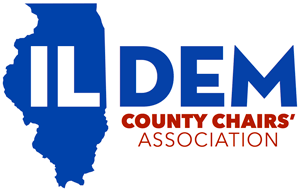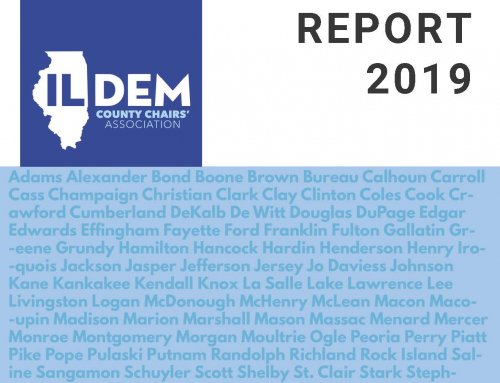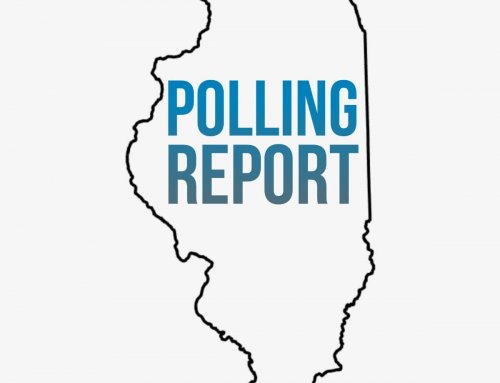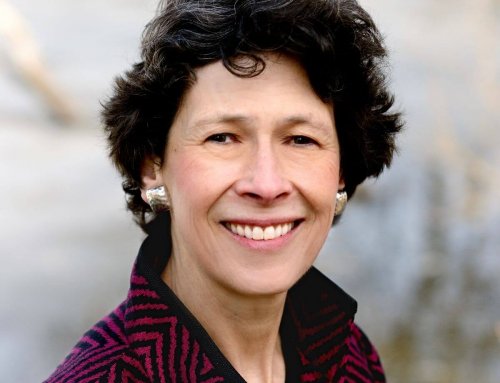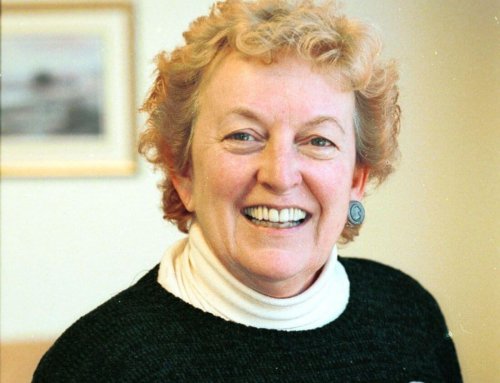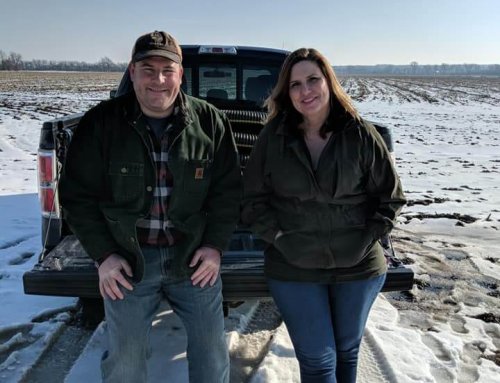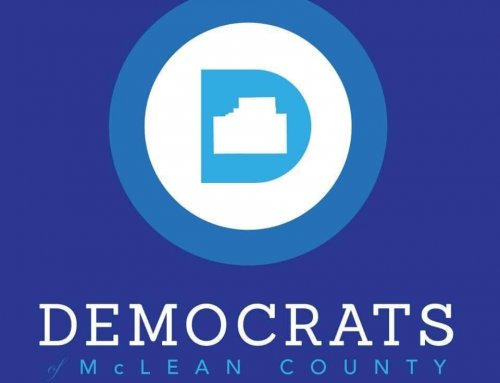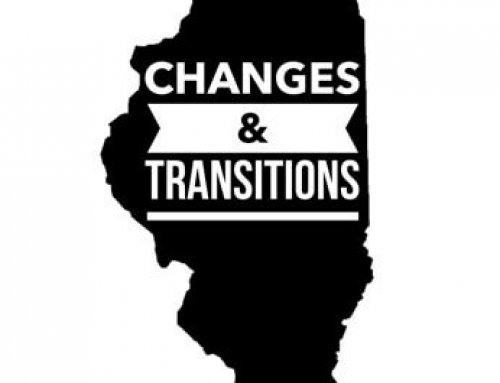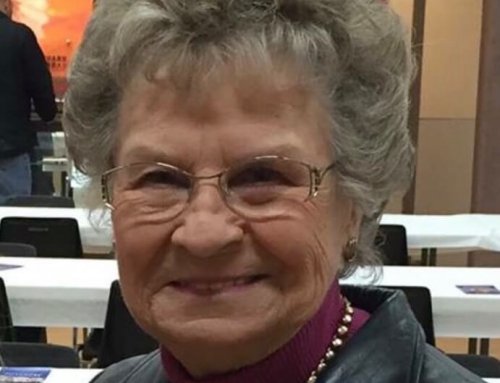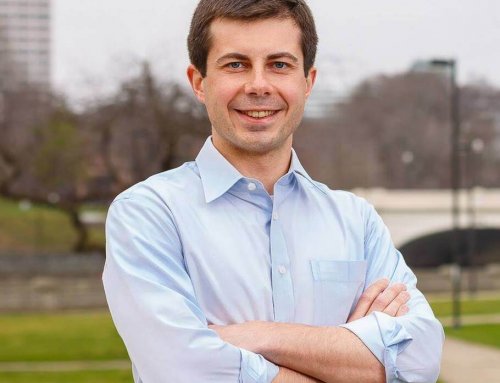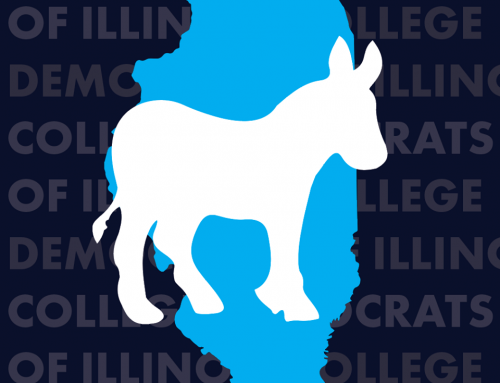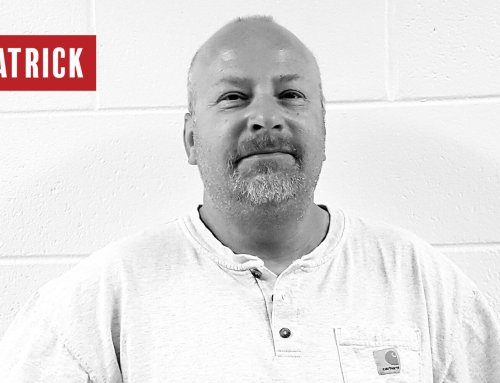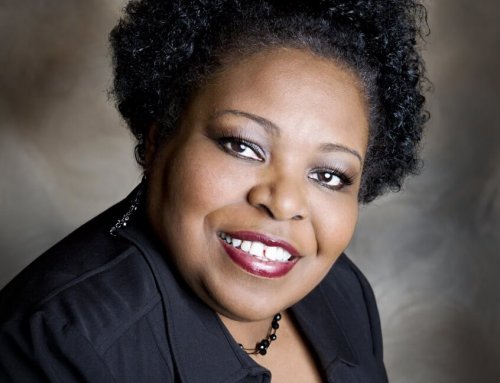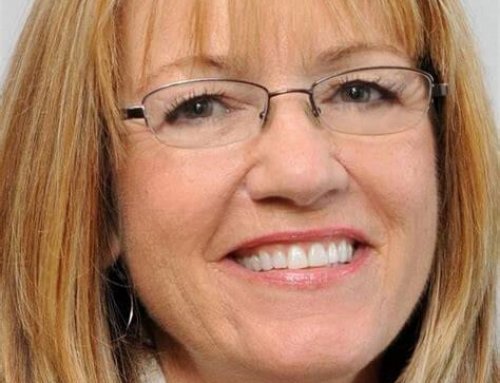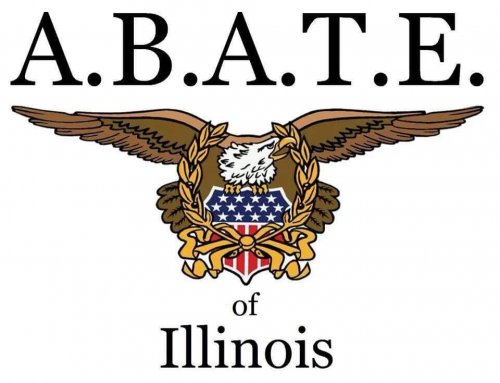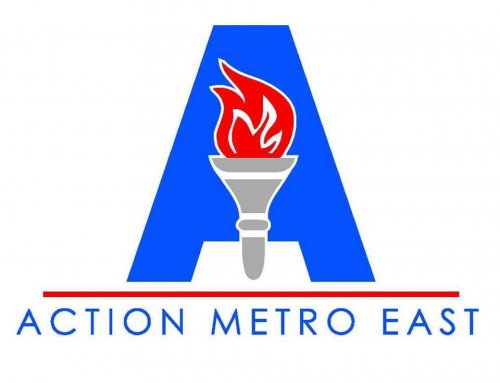WHAT CAN MUNICIPALITIES DO ONCE RECREATIONAL CANNABIS BECOMES LEGAL
By Doris Turner, Springfield Ward 3 Alderwoman & Sangamon County Democratic Party Chair, @VoteForDoris; & Erin Conley, Springfield Ward 8 Alderwoman
Beginning January 1, 2020, the sale and consumption of recreational marijuana will be legal in every county, city, and village in Illinois. That has already been adjudicated and the Illinois General Assembly has spoken. It now becomes each municipality’s responsibility to enact legislation that is in the best interest of that community. That is accomplished through municipal ordinances that address such issues as the municipality opting in or opting out of allowing the sale of recreational cannabis, where the operation of a cannabis business should be located via zoning, and if a municipal tax is imposed, where the money should be allocated. Municipalities are in the process of deciding whether to allow the sale of recreational cannabis within their boundaries; however, even if municipalities opt out of allowing sales it will still be legal to consume cannabis in every municipality throughout Illinois.
This historic legislation signed by Gov. JB Pritzker was not meant to just legalize recreational marijuana. It was specifically designed to provide social equity and criminal justice reform, and to positively impact communities of color that have been disproportionally impacted by the “War on Drugs”. These include communities with high rates of arrest, conviction and incarceration related to cannabis, and areas of high poverty and unemployment. There are various opportunities included within the legislation such as cannabis conviction expungements, a certain number of cannabis licenses being allocated to disadvantaged groups, and incubator services where a second party mentors a minority applicant.
The City of Springfield was a leader and role model for other municipalities throughout the state on how to implement the law and remain true to its definitive interpretation through an ordinance sponsored by Alderwomen Doris Turner and Erin Conley.
Zoning is extremely important because although the sale of recreational marijuana is legal, there are certainly areas of the city where it is an inappropriate activity. We do not want dispensaries located in residential areas or close to schools, parks, and places of worship.
Regarding the allocation of the tax dollars – According to the legislation municipalities can assess a maximum 3% tax on each sale in addition to the sales tax that will also be assessed. As with most other municipalities Springfield’s police and fire pension funds are underfunded, to assist with addressing this shortfall half of the tax will be allocated to those pension funds. That amount is over and above the City’s obligatory contribution. Regarding the other half of the 3% tax – Just a few short months ago as election season was upon us everyone was discussing a Governing Magazine article that detailed “Two Springfields” – one growing and prospering and the other decaying and dying, and the solution that was always invoked remained the same, economic development. Earmarking half of the 3% tax for economic development in an area bounded by Carpenter street to the north, Laurel street to the south, Dirksen Parkway to the east, and Eleventh street to the west is a positive step in addressing and funding economic development in the area identified as decaying and dying. These matters must not be discussed only during election season as candidates are on the campaign trail. It must be an ongoing call to action, and this is Springfield’s opportunity to address and fund economic development in a real and everlasting manner. It is an opportunity to let every resident of Springfield know that they, their families, and their neighborhoods matter and are valued. This is also an area of Springfield that has been identified as being disproportionately impacted by the aforementioned “War on Drugs”.
Springfield will also collect sales tax on each sale which will be deposited into the City’s general revenue fund to be allocated through the annual budgeting process.
Alderwomen Turner and Conley are hopeful that other municipalities will approach the introduction of the legalization of recreational cannabis into their community as Springfield has – in the true spirit in which the legislation was passed – as a social equity and criminal justice reform vehicle to begin the healing and rebuilding of the communities and the lives of those who have been disproportionately impacted.
Doris Turner also serves as a Vice President on the Illinois Democratic County Chairs’ Association Executive Board.
